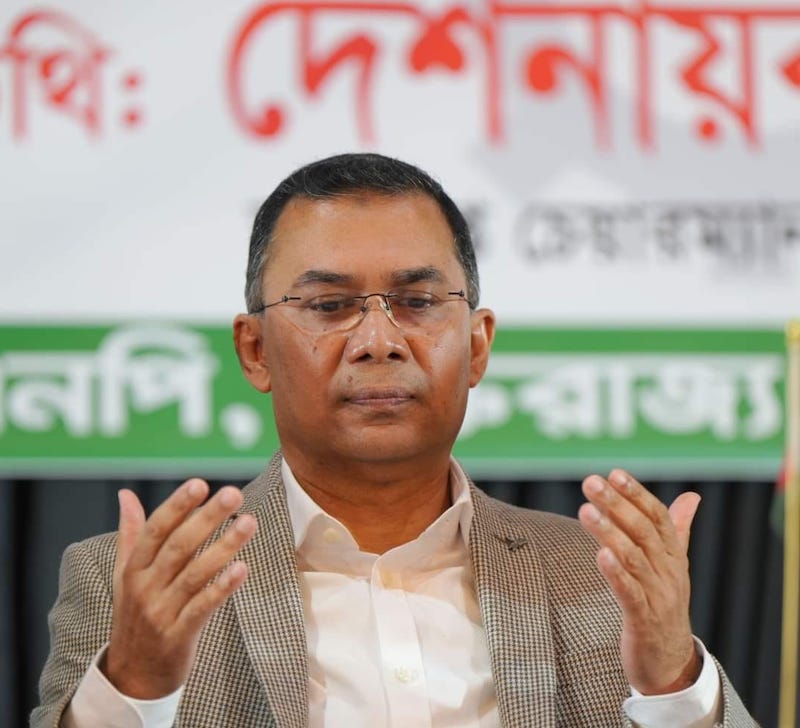Dhaka: Bangladeshi politician Tarique Rahman has said there is nothing wrong in moving towards forming new political parties in the country, which is presently under the interim government that was formed after the fall of Sheikh Hasina regime.

Rahman, who is the BNP acting chairman and the eldest son of former president Ziaur Rahman and former two-time prime minister Khaleda Zia, said as quoted by Dhaka Tribune, “There’s nothing wrong if anyone believes more new political parties are needed for a developed and secure Bangladesh. Ultimately, it is the people who will decide whom they would support or not.”
“They (the fresh voters) could not elect their desired public representatives by exercising their right to franchise. They also didn’t get the chance to be elected and represent the people,” he said.
“No matter what is in the constitution or provision, if the political and economic empowerment of the people is not ensured and if the people are not involved in the reform process, no reform programme will finally yield effective results,” he added.
Violent anti-quota protests by students led to the fall of the Awami League government after Sheikh Hasina stepped down and fled to India.
Over 600 people were killed in the protests that went on for months.
Hasina fled to India in August and an interim government, headed by Nobel laureate Muhammad Yunus, was formed to rule Bangladesh.
After the fall of the Hasina government, widespread violence and looting were reported from various parts of Bangladesh where the minority Hindus were targeted in particular.
Several Hindu houses and temples were attacked by radicals in the country, which shares a long porous border with India.


